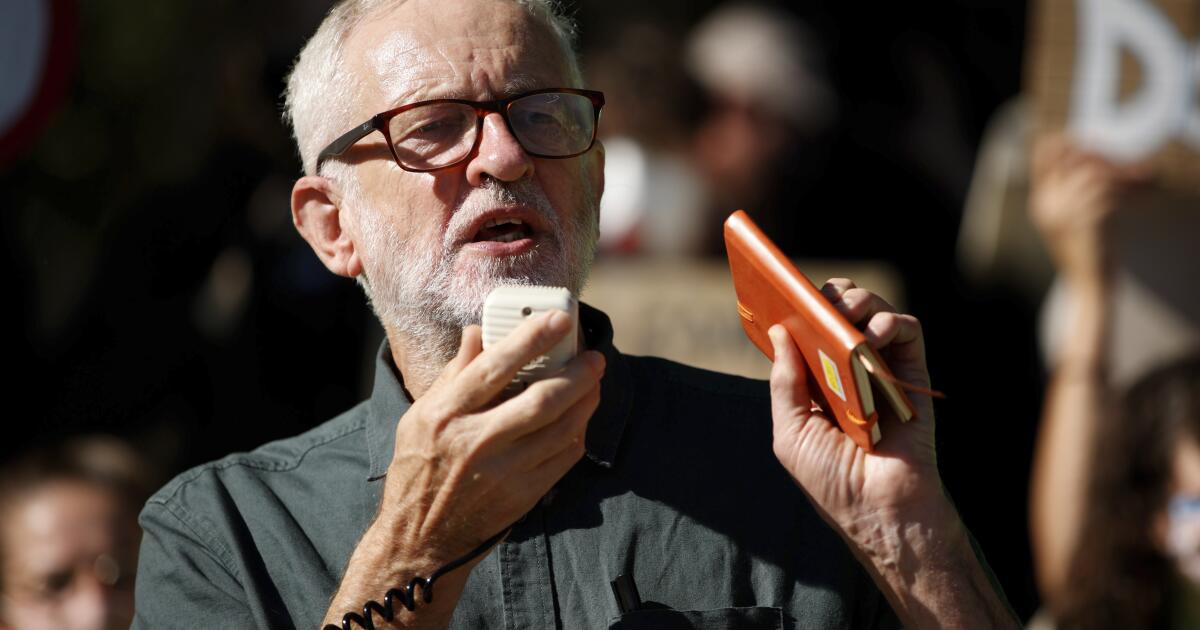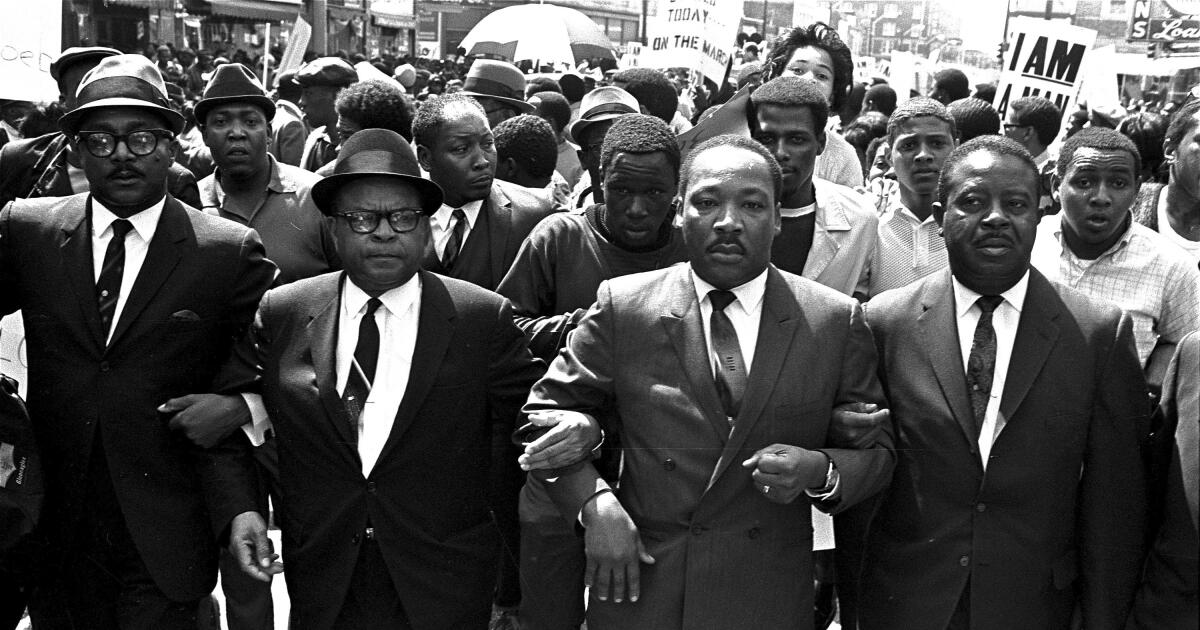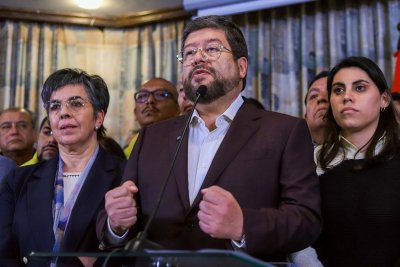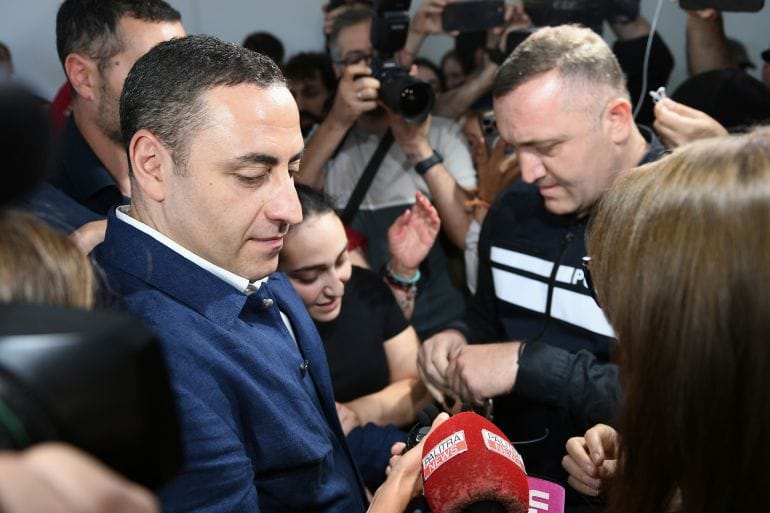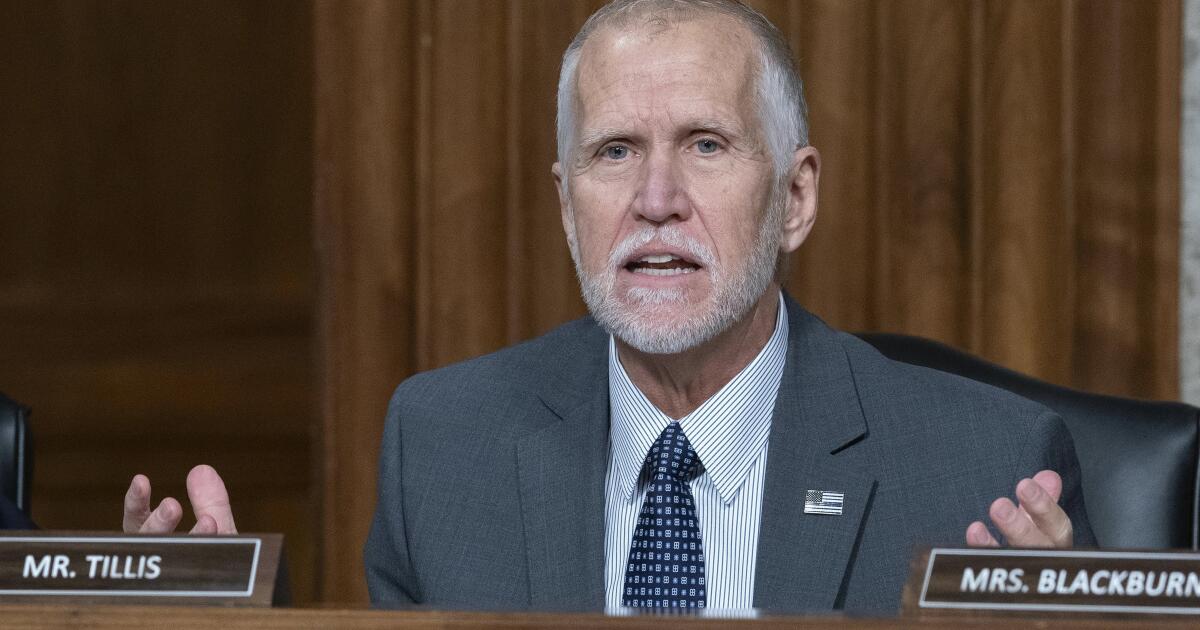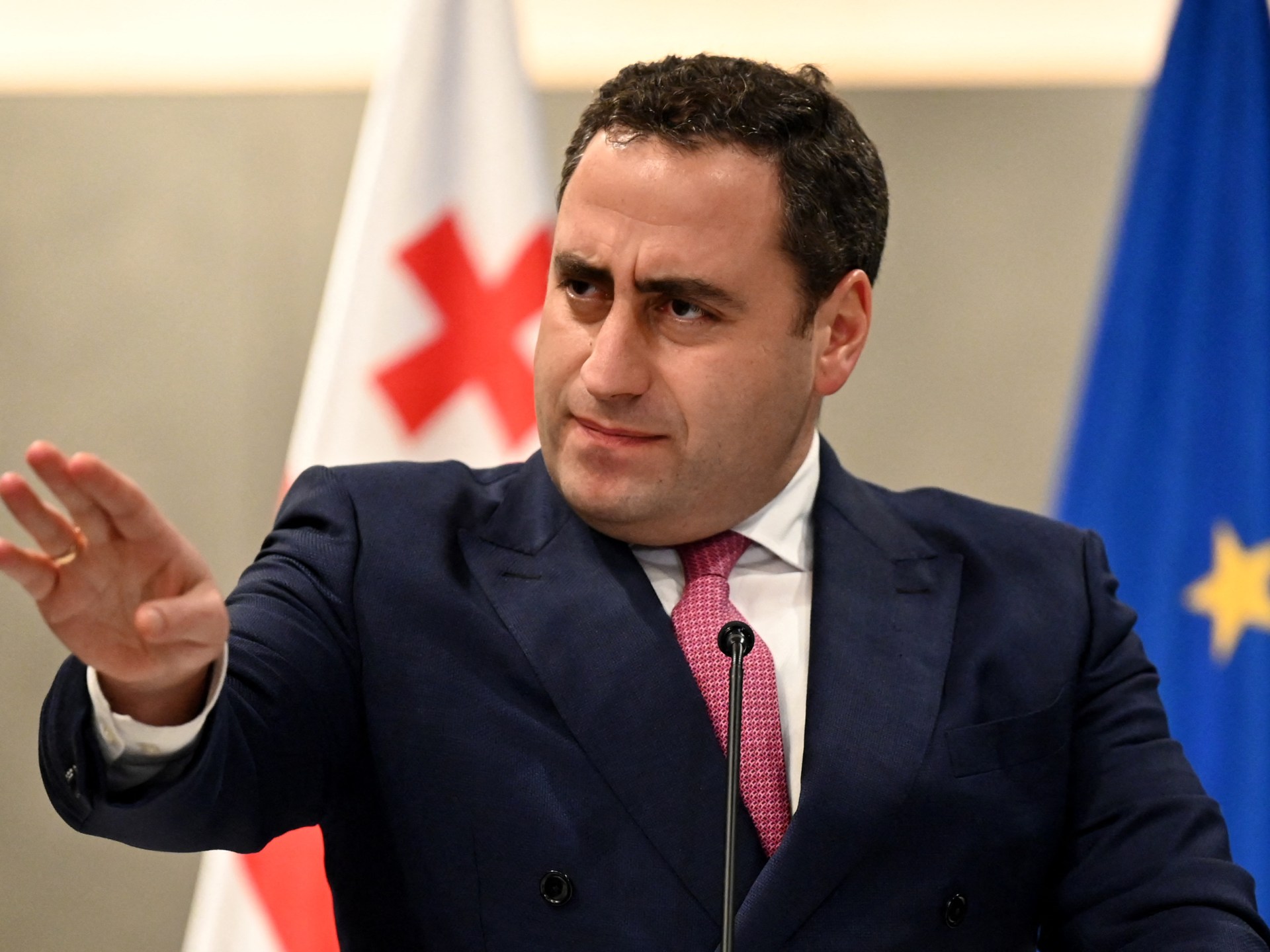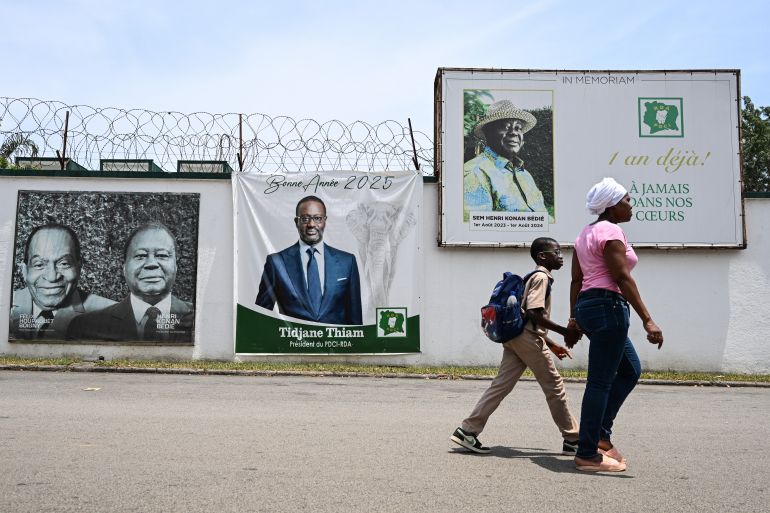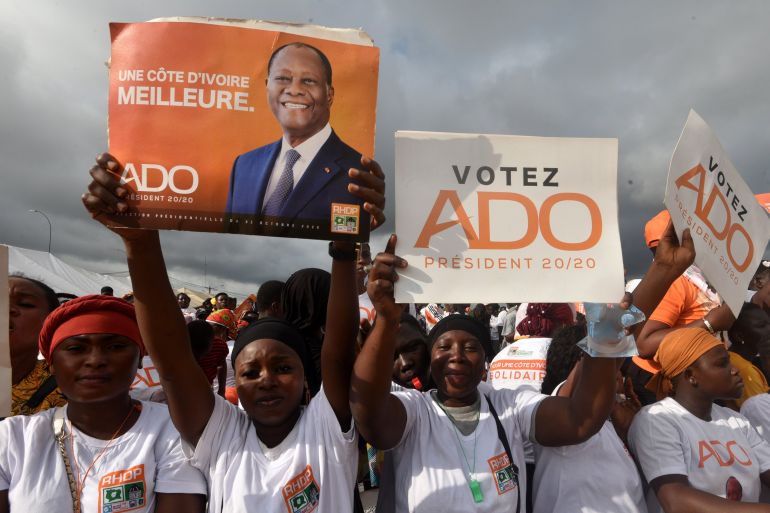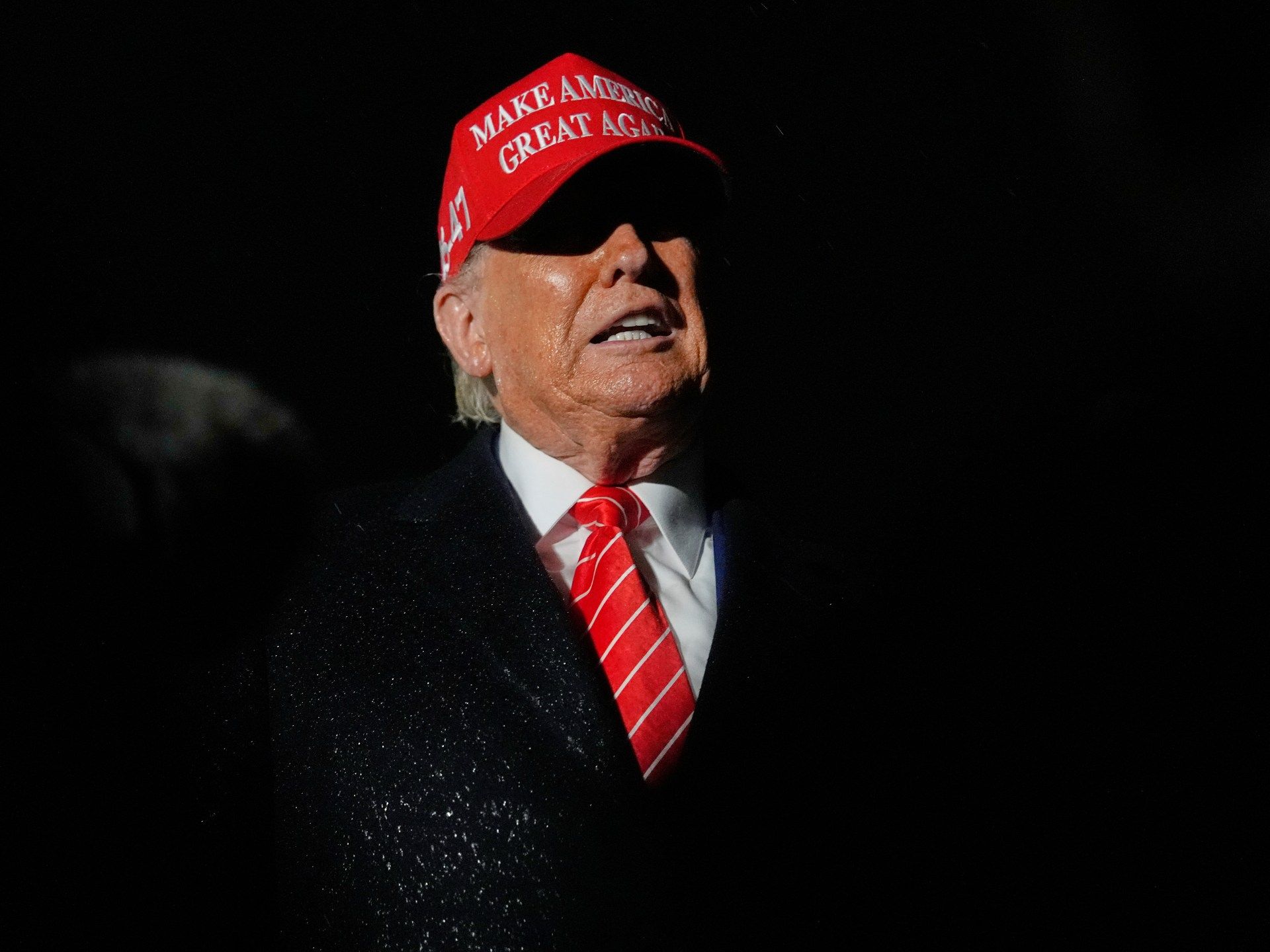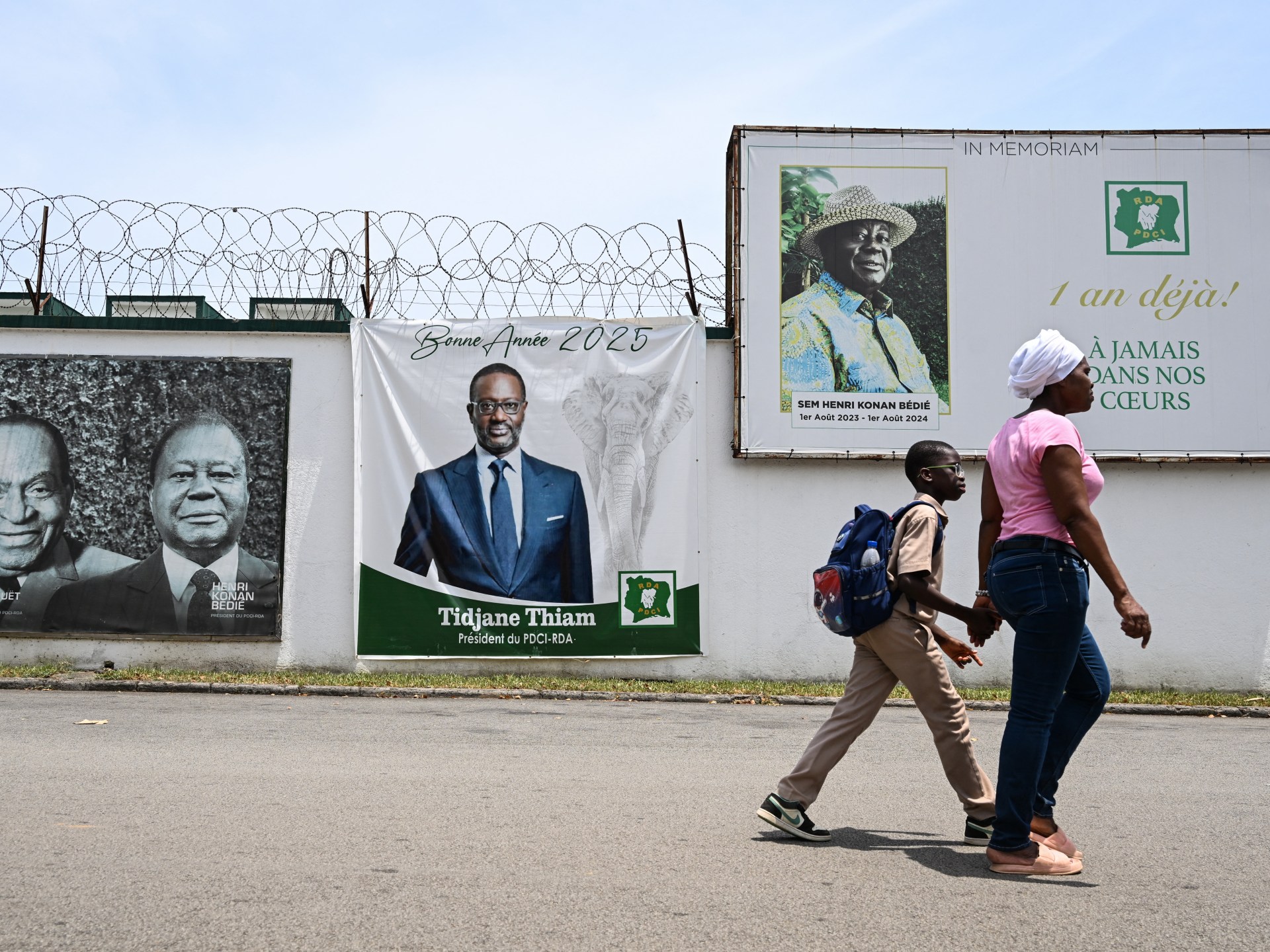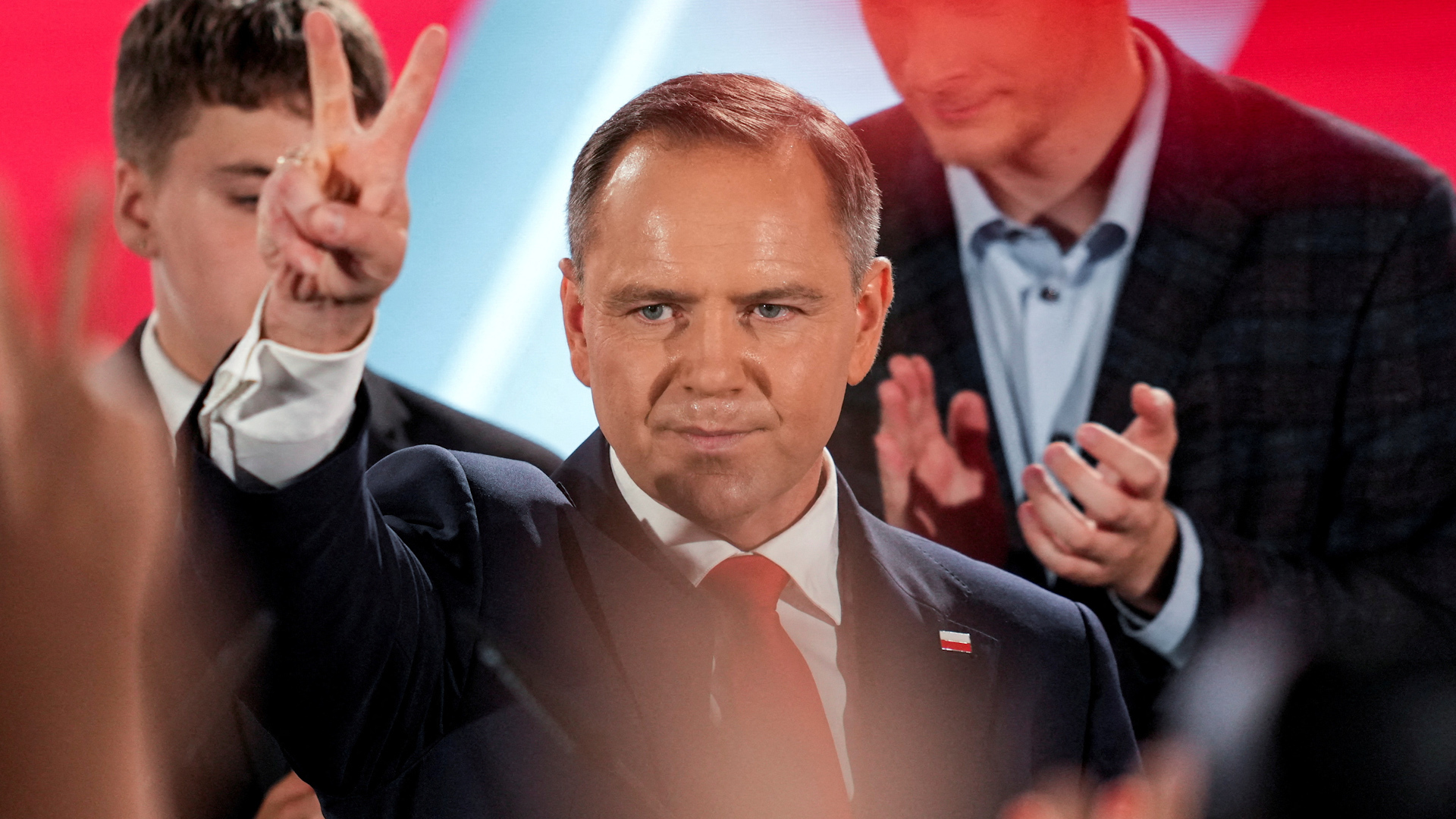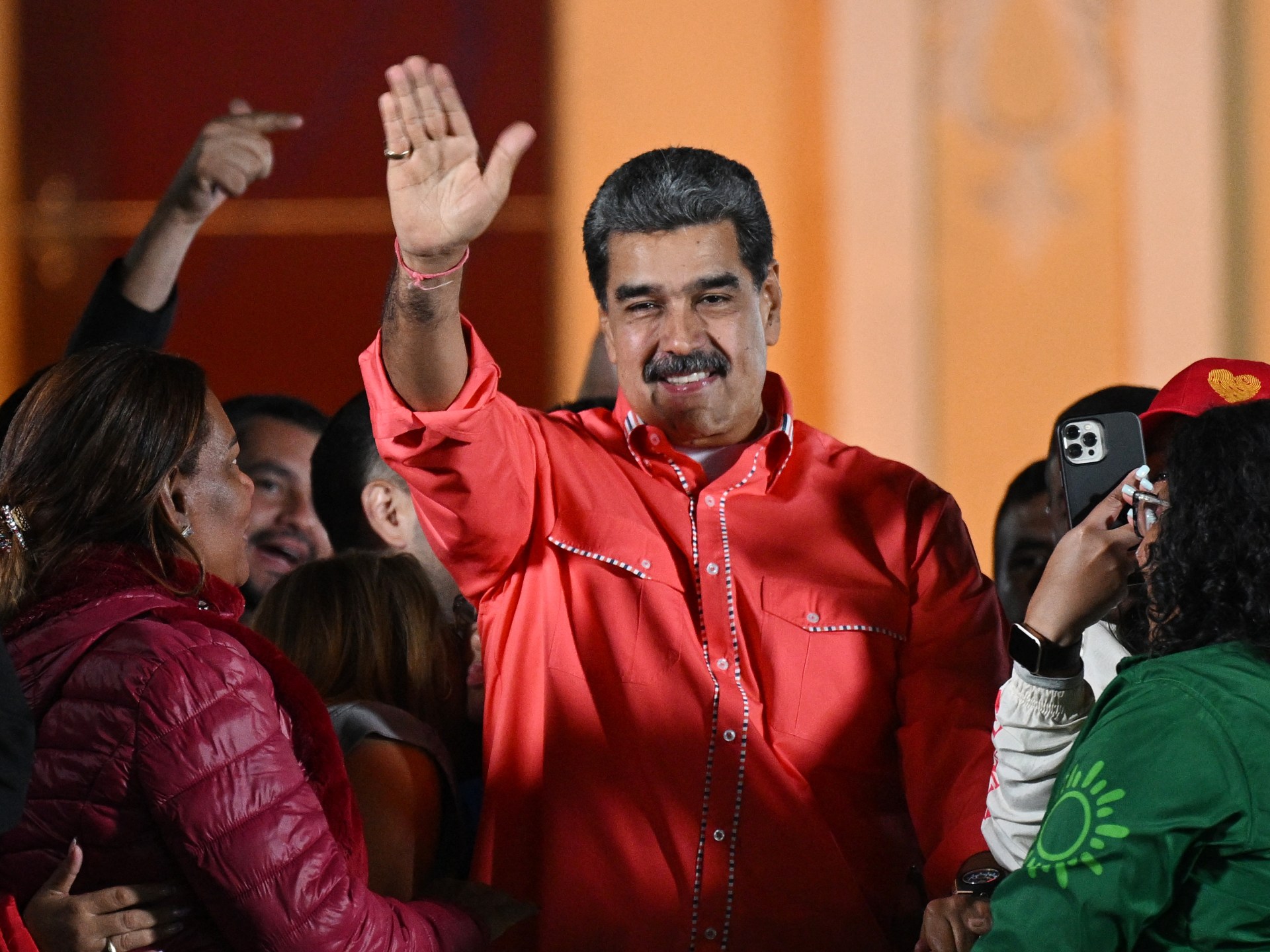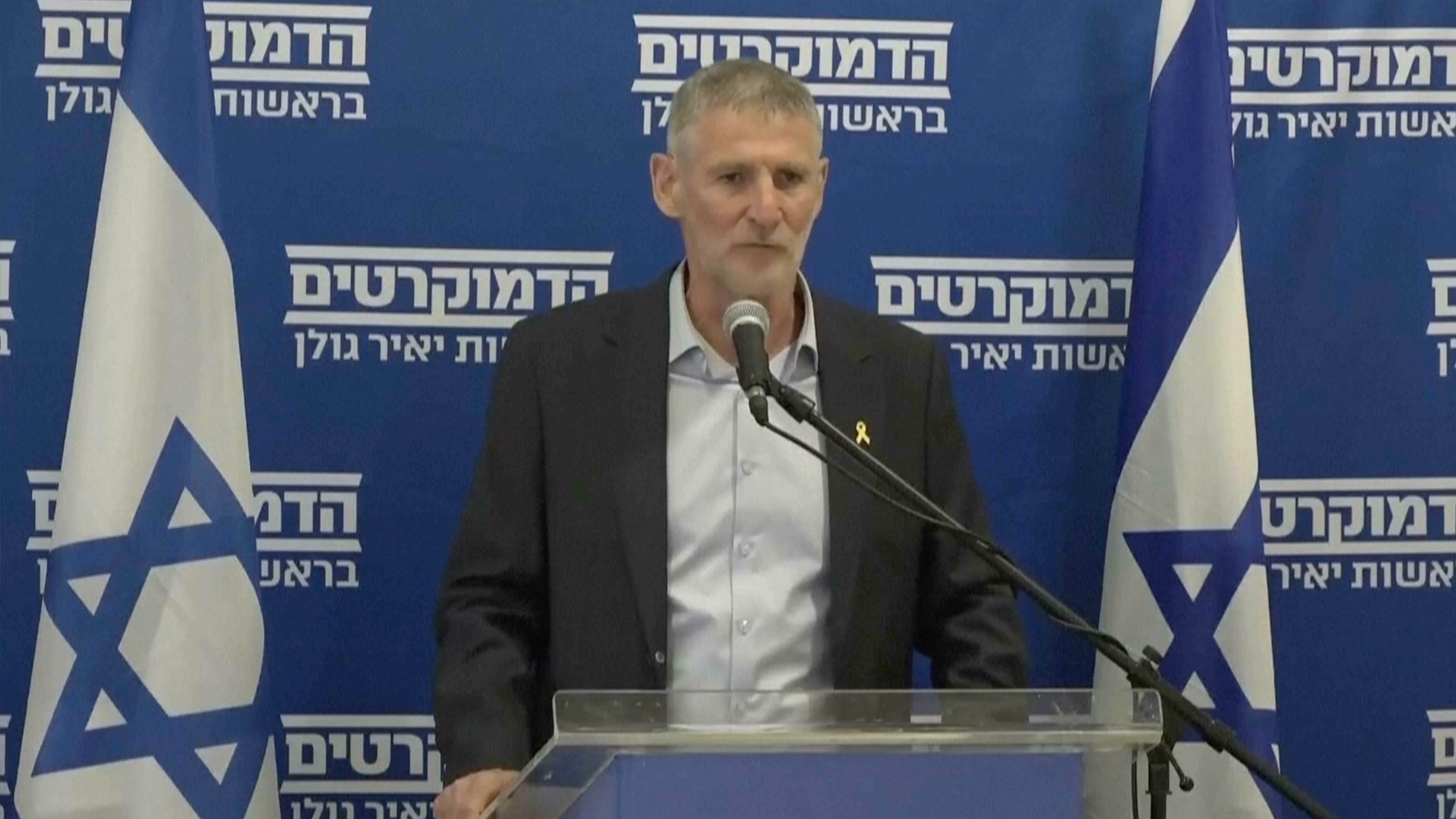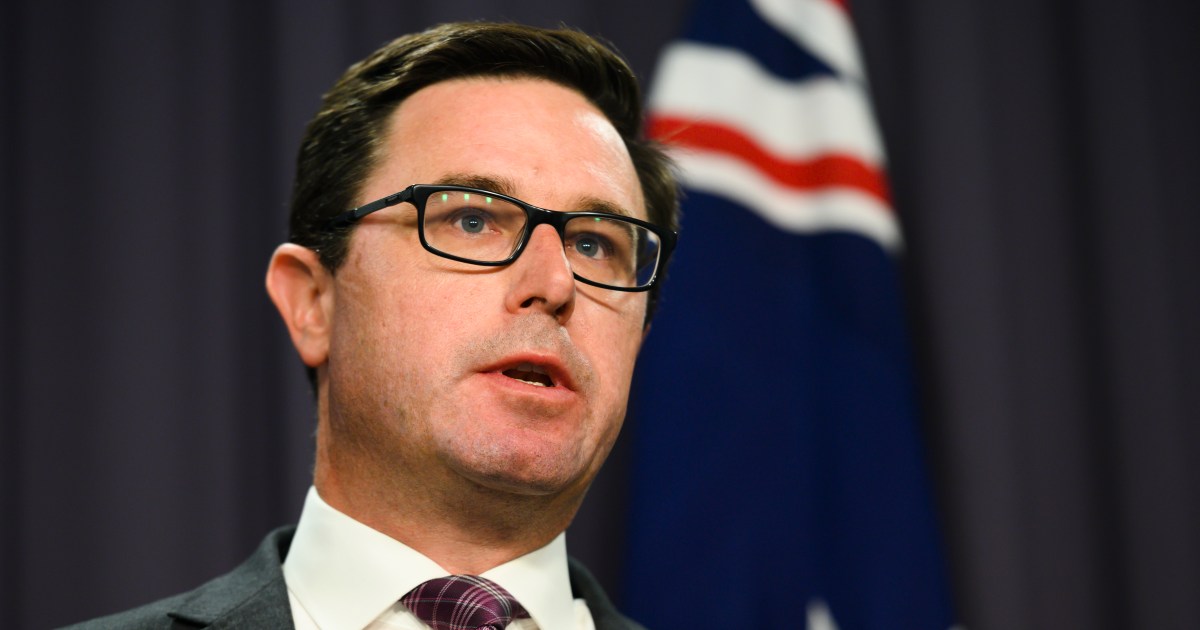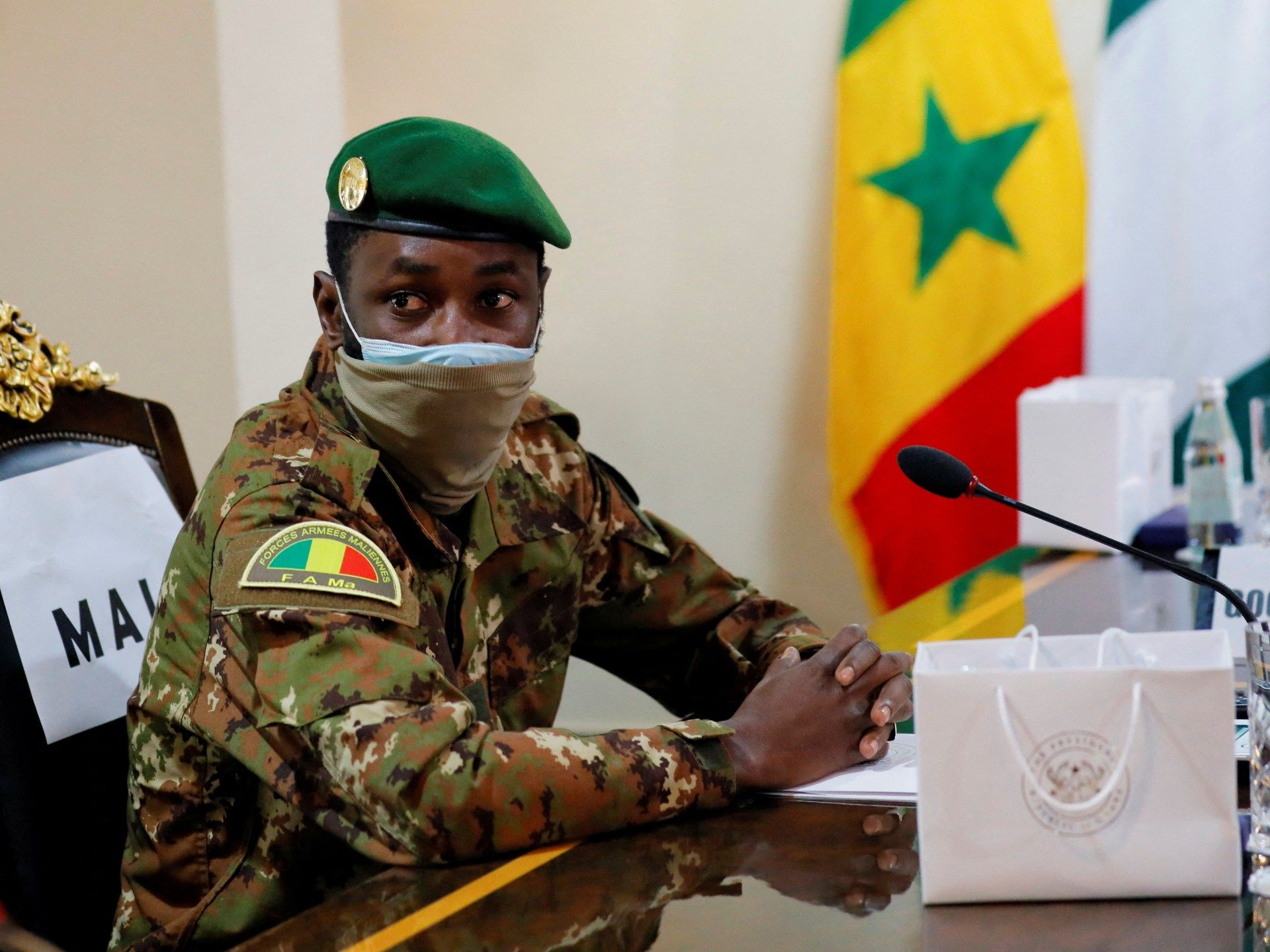In a news statement this week, the White House cherry-picked personal income tax-related elements in the “big, beautiful bill”, the wide-ranging tax and spending bill being pushed by United States President Donald Trump, and claimed that, in opposing the legislation as a whole, the Democratic Party was opposed to every individual item contained within it.
Such a tactic is misleading, particularly since the White House cited measures in the bill that have been championed by Democrats to improve the lives of Americans and are not the reasons the Democrats have given for opposing the “big beautiful bill”.
Here’s a fact-check of what the White House claims Democrats oppose:
“They’re opposing the largest tax cut in history, which will put an extra $5,000 in their pockets with a double-digit percent decrease to their tax bills. In fact, Americans earning between $30,000 and $80,000 will pay around 15% less in taxes.”
The specifics of the tax bill have not been finalised. In its current form, it would cut taxes by an average of 2.4 percent, for middle-income households, according to analysis by the Tax Policy Center.
While it is a significant tax cut, it is not the biggest in history. That was under Ronald Reagan in 1981 at 2.9 percent.
It is accurate that there will be a double-digit percentage decrease in tax bills, at least in the immediate term, at a little more than 11 percent across all tax brackets. It is also true that people earning between $30,000 and $80,000 will pay 15 percent less, according to the Non-Partisan Joint Committee on Taxation.
“They’re opposing NO TAX ON TIPS for the millions of Americans who work in the service industry and NO TAX ON OVERTIME for law enforcement, nurses, and more.”
This is true only in their opposition to Trump’s tax and spending bill.
Democrats and Republicans have supported the concept of no tax on tips. Both Donald Trump and the Democratic presidential nominee Kamala Harris pledged to do so on the campaign trail. Senate Democrats backed the No Tax on Tips Act, passed by the US Senate on May 20. The bill, authored by Republican Senator Ted Cruz of Texas, was co-sponsored by notable Democrats, including Jacky Rosen of Nevada and passed unanimously.
“They’re opposing historic tax cuts for senior citizens”
Outside of the “big beautiful bill”, Democrats have generally not opposed tax cuts for seniors. Many Democrats have championed legislation that would expand tax cuts for seniors. California Democrat Jimmy Panetta co-sponsored a Republican led bill that would increase the standard deduction for adults over the age of 65 by $4,000.
In 2024, House Democrats introduced the “You Earned It, You Keep It Act”, which would effectively eliminate taxes on social security benefits. The bill, however, has never made it past committee.
“They’re opposing a boost to the child tax credit.”
Again, they are opposing Trump’s “big beautiful bill”, not objecting to the child tax credit.
In fact, Democrats have long pushed to expand the child tax credit. In April, Senate Democrats, including Georgia’s Raphael Warnock and Colorado’s Michael Bennett, introduced legislation that would expand the child tax credit. The bill would increase the tax credit, from $2,000 where it currently stands, to $6,360 for newborns, $4,320 for children ages one to six and $3,600 for children six to 17, permanently.
While the “big beautiful bill” would also increase the child tax credit, it would do so only by $500, and that would kick in in 2028.
“They’re opposing new savings accounts for newborns and the chance for children across America to experience the miracle of compounded growth.”
In the “big beautiful bill”, House Republicans introduced new savings accounts for children. The accounts would include a $1,000 handout for every child born between January 1, 2025 and January 1, 2029.
Democrats have not only been supporters of the idea for savings accounts for newborns, but prominent Democrats actually championed it.
In 2018, Cory Booker of New Jersey introduced the American Opportunity Accounts Act, which would also give $1,000 to newborns and up to $2000 in annual contributions. He reintroduced the bill again in 2023.
“They’re opposing expanded access to childcare for hardworking American families.”
This appears to be false. The White House link refers to the Paid Family and Medical Leave Credit, not child care access. Trump’s bill offers up to 12 weeks of paid leave for employees who have worked a year and earn $57,600 or less.
While that gives parents more time at home, Democrats have focused on expanding access to child care, including universal pre-K. In 2023, Republicans opposed a Democratic plan to keep child care centres open that struggled in the early days of the COVID-19 pandemic.
“They’re opposing historic border security to keep their communities safe.”
Last year, Trump pressured Republicans to vote against a bipartisan border security bill, a move that reportedly helped Trump’s chances of winning in November 2024. Democrats have opposed Republican plans to use US military bases for migrant detention, arguing that it misuses Department of Defense resources. Democrats have long opposed border wall funding, including during Trump’s first term.
A 2018 Stanford University analysis estimated that a border wall would reduce migration by just 0.6 percent. Despite this, the “big beautiful bill” allocates more than $50bn to complete the wall and maritime crossings, $45bn for building and maintaining detention centres, and $14bn for transportation.
“They’re opposing expanded health savings accounts that give Americans greater choice and flexibility in how they spend their money.”
This is sort of true. Democrats have not been huge proponents of health savings accounts. The belief is that healthcare savings accounts do not help the socioeconomically disadvantaged, who may not have the financial resources to contribute to the accounts. Democrats have also objected to other cuts to healthcare in the bill, including the potential $880bn that could be cut from essential government programmes like Medicaid.
“They’re opposing scholarships that empower Americans to choose the education that best fits the needs of their families.”
In the bill, the White House is conflating the longstanding debate on school choice with scholarships. Under school choice, funds otherwise allocated to the public school system can be re-allocated to private institutions, which Republicans argue will allow students to have potential access to a higher quality education.
Democrats have opposed school choice because it diverts funds from public school systems, many of which are already drastically underfunded. In Texas, Senator Ted Cruz, for example, pushed legislation that would expand school choice, even as three out of four school districts in the state are underfunded, according to a Kinder Institute analysis.
